
Michael E. Mann
Research
Highlights
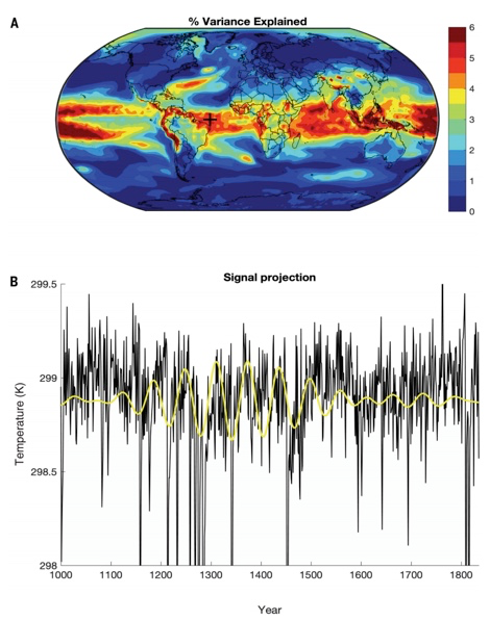 |
Apparent Atlantic warming cycle likely an artifact of climate forcing ESSC scientists Dr. Michael E. Mann and Daniel J. Brouillette and alumni scientists Dr. Byron Steinman and Sonya Miller have published a study that further confirms that the so-called Atlantic Multi-Decadal Oscillation is indistinguishable from the background noise of internal climate variability and is an artifact of climate forcing and that additionally finds that it tracks closely with volcanic forcing over the past millennium. |
 |
Increasing ocean stability decreases productivity and reduces carbon burial ESSC director Dr. Michael E. Mann is a co-author on a study that shows that ocean stratification is greater than previously thought, which has a range of implications, including a positive feedback of increasingly warm near-surface waters, decreasing ocean productivity due to reduced oxygen uptake, reduced carbon burial, and potentially stronger tropical cyclones. |
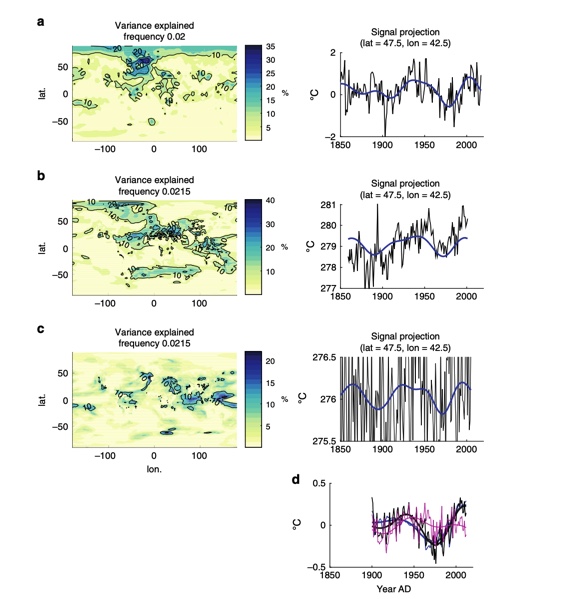 |
Atlantic and Pacific oscillations lost in the noise ESSC director Dr. Michael E. Mann and ESSC alumni scientists Dr. Byron Steinman and Sonya Miller have found that the so-called Atlantic Multi-Decadal Oscillation and Pacific Decadal Oscillation are indistinguishable from the background noise of internal climate variability. |
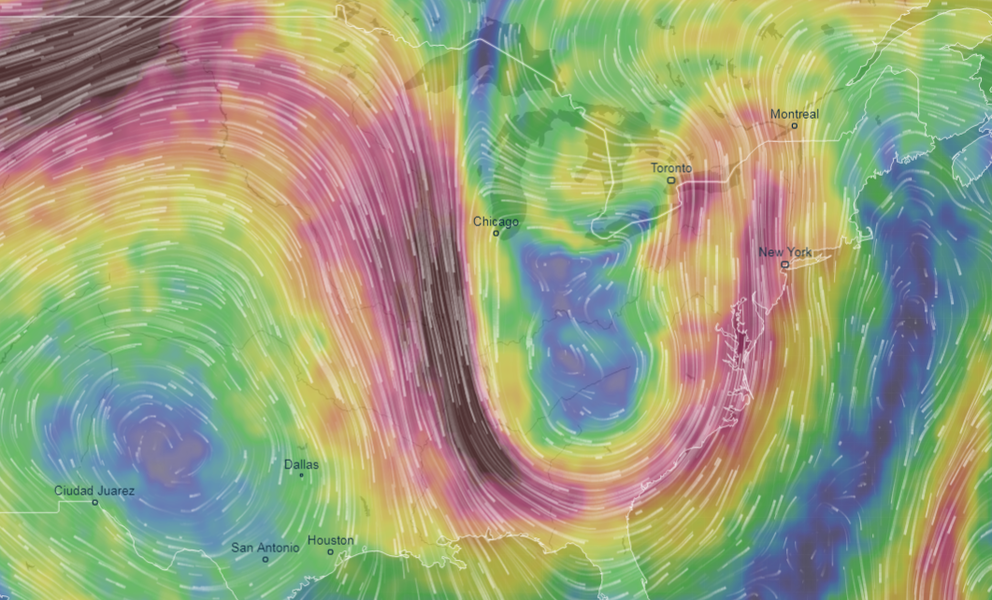 |
Controlling future summer weather extremes still within our grasp ESSC Director Dr. Michael Mann and others have published a paper looking at summertime extreme weather patterns in future scenarios of global warming. While climate change will initially exacerbate extreme weather, it is possible that reduction of aerosols from atmospheric pollution could counteract this effect. |
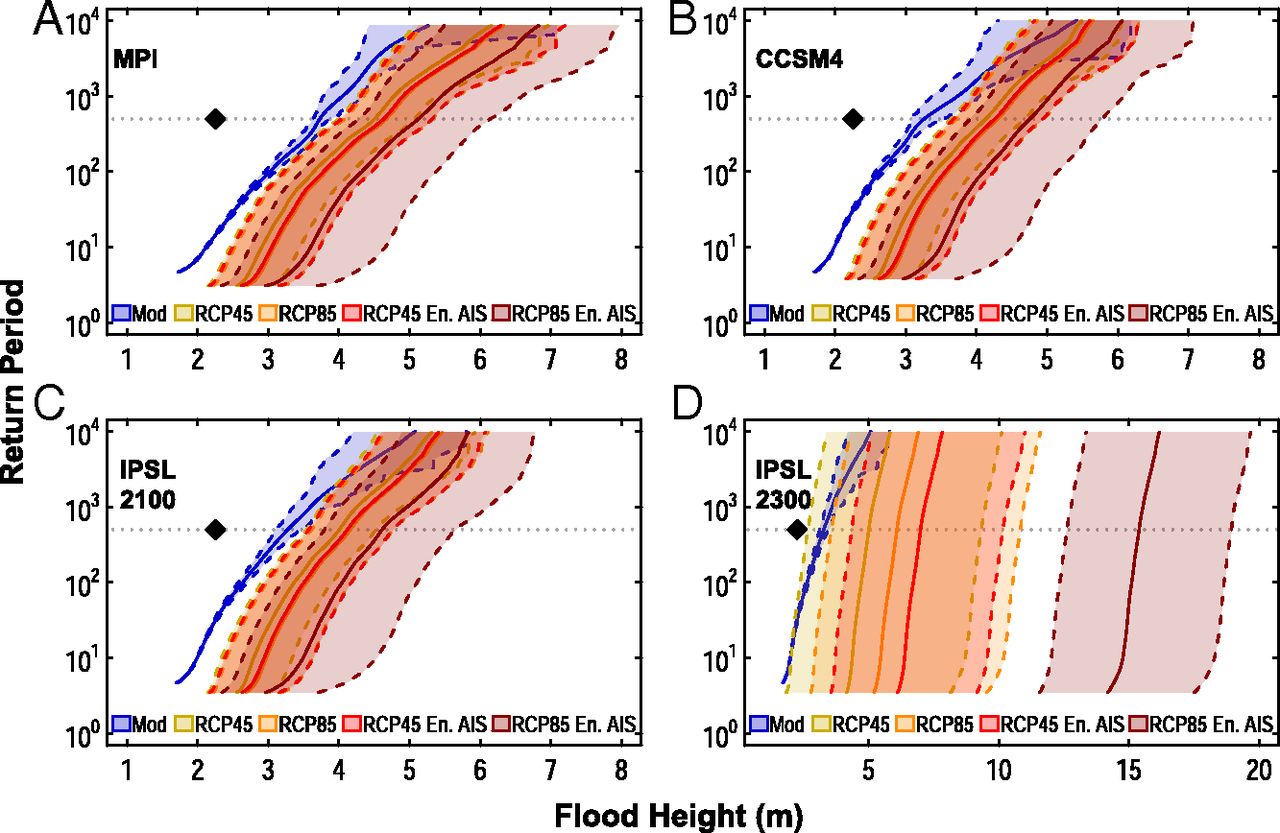 |
Sea-level rise, not stronger storm surge, will cause future NYC flooding Dr. Andra J. Reed, Mann Research Group alumnus, has published a paper with Dr. Michael Mann and others about the likelihood of more frequent flooding in the New York City region due to climate change and storm surge from tropical systems. |
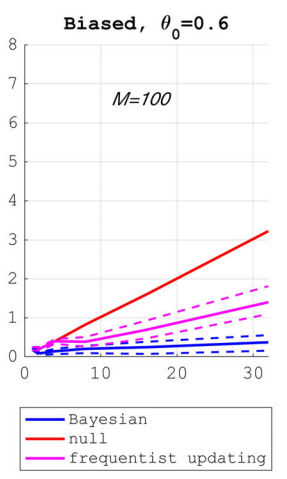 |
New Research on Assessing Climate Change Impact on Extreme Weather Dr. Michael Mann and others have made the case for using Bayesian statistical tools for assessing climate change impacts in a new paper recently published in the journal Climatic Change. |
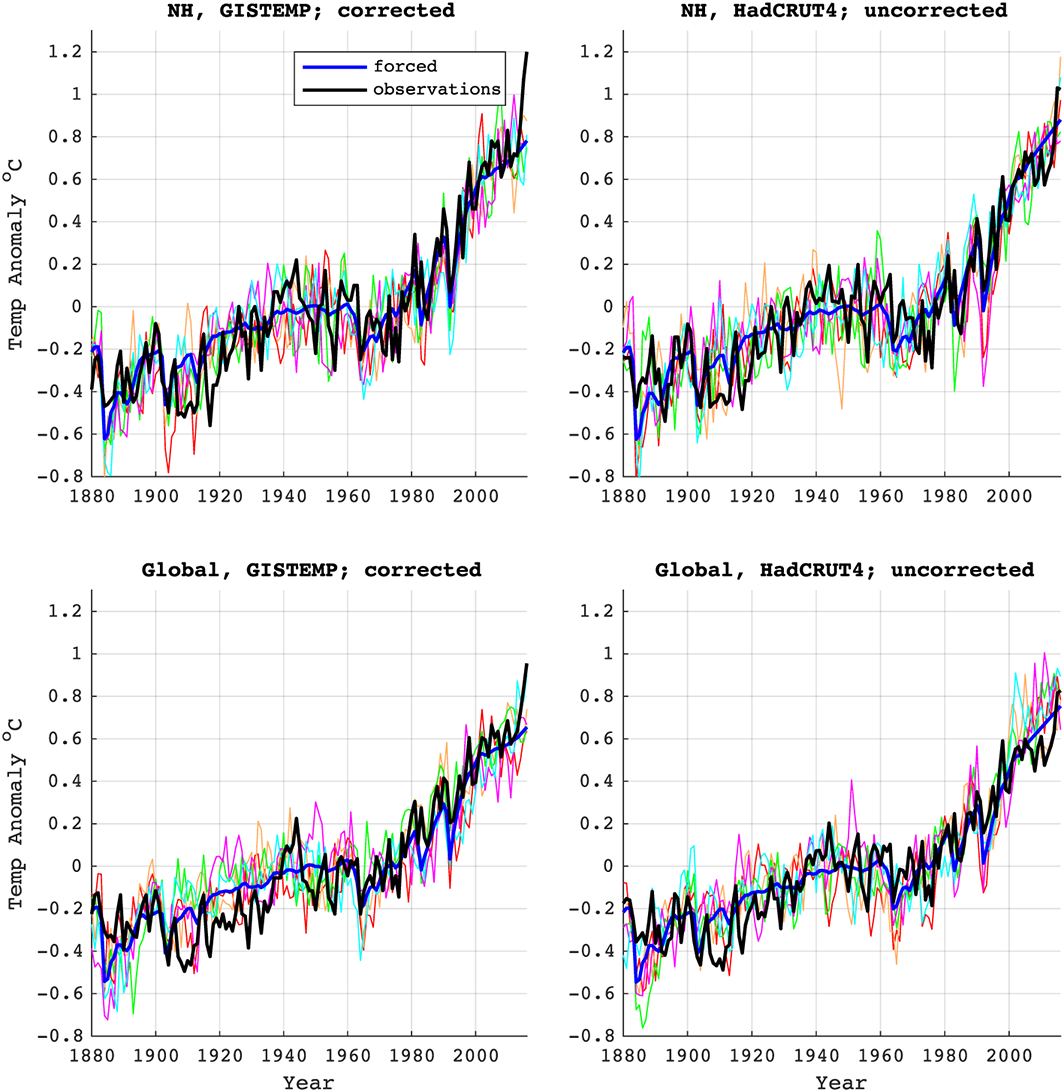 |
Human-caused warming likely led to recent streak of record-breaking temperatures Dr. Michael Mann and others have published a paper in Geophysical Research Letters stating that it is "extremely unlikely" that 2014, 2015, and 2016 would not have been the warmest consecutive years on record without anthropogenic climate change. |
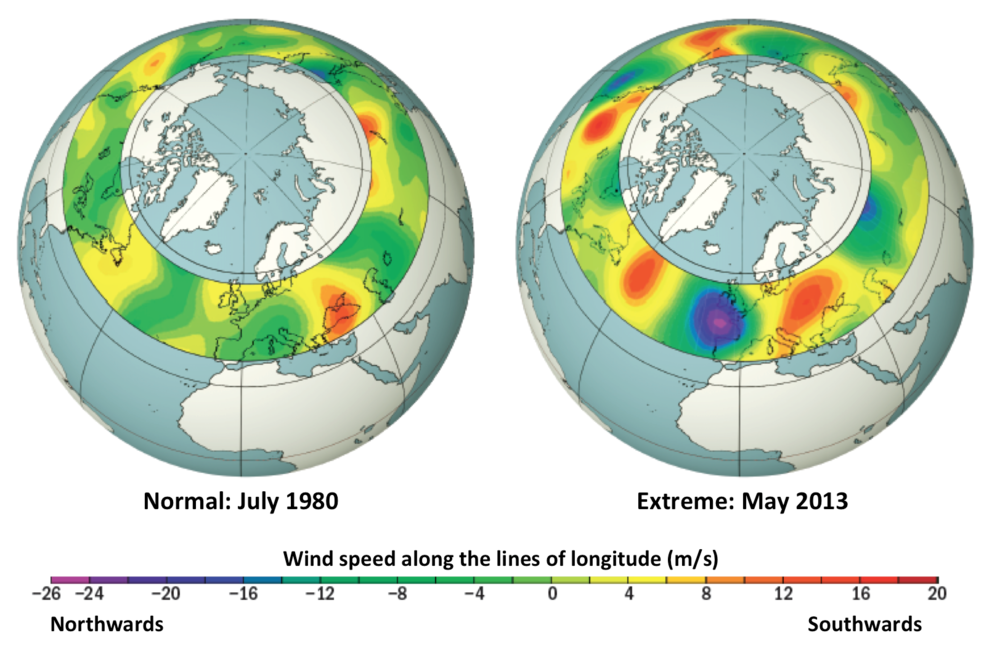 |
Extreme weather events linked to climate change impact on the jet stream
Dr. Michael Mann and others have published a study in Nature Scientific Reports looking at increasing frequency of extreme weather events and the connection to climate change through changes in the jet stream. Through a combination of observations and model output, researchers were able to identify specific events that were linked to stationary peaks in the waves of the jet stream. |
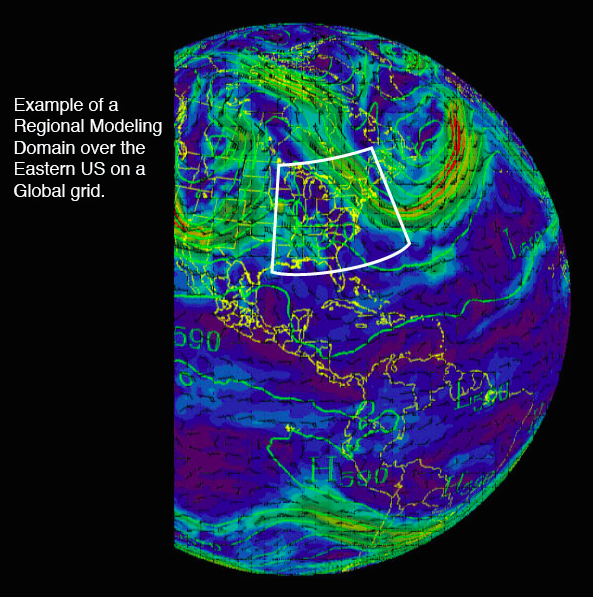 |
Global climate models do not easily downscale for regional predictionsDr. Fuqing Zhang, professor of meteorology and director of the Center for Advanced Data Assimilation and Predictablity Techniques at Penn State, and Dr. Mann, director of the ESSC at Penn State, conducted research on global climate models after expressing concern that the use of these models on a regional scale could produce inaccurage information. |
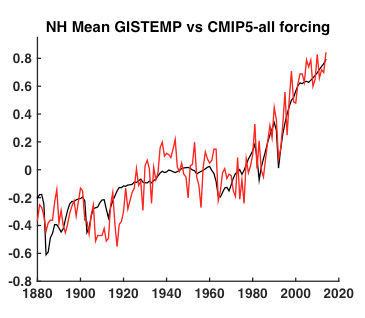 |
Odds are overwhelming that record heat due to climate change |
 |
Global climate models do not easily downscale for regional predictionsDr. Fuqing Zhang, professor of meteorology and director of the Center for Advanced Data Assimilation and Predictablity Techniques at Penn State, and Dr. Mann, director of the ESSC at Penn State, conducted research on global climate models after expressing concern that the use of these models on a regional scale could produce inaccurage information. |
 |
Odds are overwhelming that record heat due to climate change |
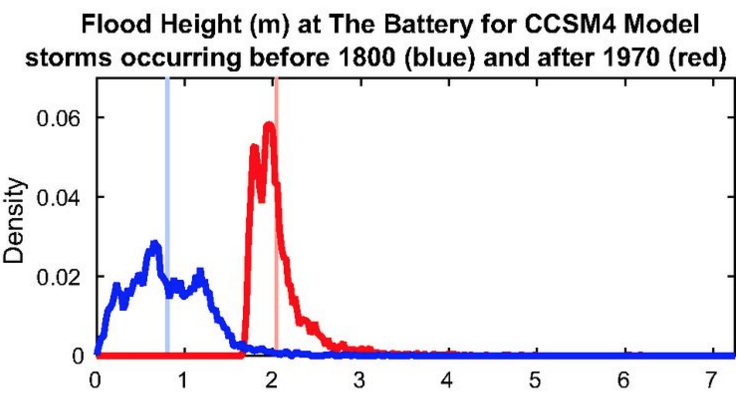 |
NYC risks future flooding during hurricanes |